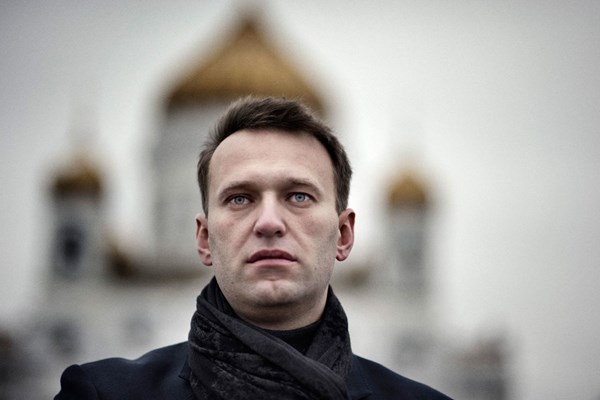Russia expands reciprocal sanctions against EU representatives due to Navalny poisoning
Russia has expanded the sanctions lists of representatives of EU countries in response to EU sanctions imposed due to the poisoning of the well-known Russian opposition figure Alexei Navalny. "On the basis of the principle of reciprocity, it was decided to expand the list of representatives of EU member states, which are prohibited from entering the territory of the Russian Federation. It includes those who are involved in the intensification of anti-Russian sanctions activity within the EU," the Russian Foreign Ministry said in a statement.
The document notes that the verbal notes of the Russian Foreign Ministry informing about this step were presented to the heads of diplomatic missions of Germany, France and Sweden, as well as sent to the EU mission in Moscow. Earlier it became known that high-ranking representatives of several EU countries were summoned to the Russian Foreign Ministry.
In October, the European Union imposed sanctions on a number of Russian officials because, in their opinion, an attempt to poison Navalny could not have been made without approval at the state level. Among others, the deputy head of the administration of the Russian President Sergey Kirienko, the head of the FSB Alexander Bortnikov and two deputy ministers of defense were included in the EU blacklist.
Alexey Navalny lost consciousness on August 20 on a plane flying from Tomsk to Moscow. After an emergency landing in Omsk, he was hospitalized and two days later taken to the Charite hospital in Berlin for treatment. He was in an induced coma for 19 days. Experts of the Bundeswehr special laboratory at the request of the clinic conducted a toxicological analysis of samples taken from Navalny and found traces of the nerve agent of the Novichok group. Laboratories in Sweden and France, as well as OPCW experts, came to similar conclusions independently.
The Russian authorities deny all accusations of involvement in the assassination attempt on the opposition politician. The EU and the UK imposed sanctions on October 15 for poisoning Navalny. Moscow responded by announcing the introduction of countermeasures against German and French officials. More than 50 OPCW member states in late November called on Russia to investigate the politician's poisoning.
